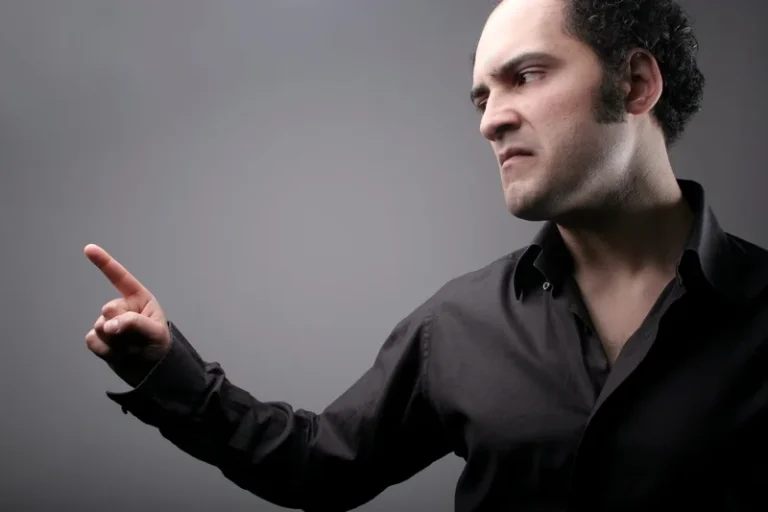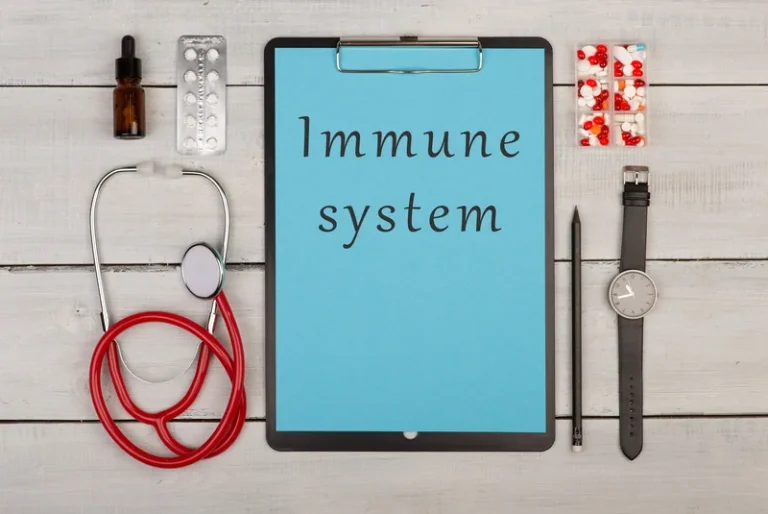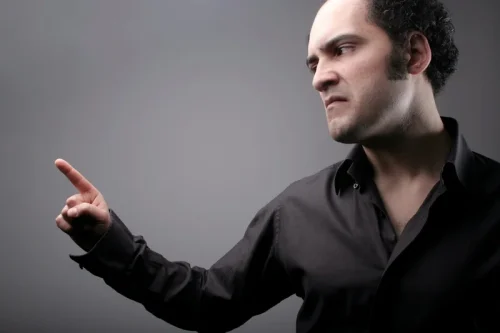Treatment of Alcohol Abuse & Alcoholism: How To Stop Drinking

A critical element in fighting addiction is locating its source. Behavioral therapy works to identify the source of addiction, whether it be a co-occurring disorder, trauma, or both. Individuals involved in behavioral therapy will develop the skills needed to identify and correct damaging behaviors. By applying learned skills and coping mechanisms, individuals gain the foresight to fight addiction as well as reject triggers and temptations that may occur upon entering into recovery. Although alcohol abuse is basically different from alcoholism, many effects of alcohol abuse are also experienced by alcoholics.
What is alcohol use disorder?

It is generally recommended that you do not attempt to detox drug addiction treatment without medical supervision, as this can be dangerous or even life threatening, depending on how severe your addiction is. These interactions may result in increased risk of illness, injury and even death. Alcohol’s effects are heightened by medicines that depress the central nervous system, such as sleeping pills, antihistamines, antidepressants, anti-anxiety drugs and some painkillers. In addition, medicines for certain disorders, including diabetes, high blood pressure and heart disease, can have harmful interactions with alcohol. If you are taking any over-the-counter or prescription medications, ask your doctor or pharmacist if you can safely drink alcohol. Alcohol abuse and alcoholism cut across gender, race and nationality.
- Below is a list of some of the providers who are typically involved in alcohol treatment and the type of care they may offer.
- American Addiction Centers (AAC) is a leading treatment provider and has trusted rehab programs across the U.S.
- Treatment has helped many people stop drinking and rebuild their lives.
- Keep in mind, too, that every day that a recovering alcoholic has stayed sober prior to a relapse is extremely valuable time, both to the individual and to his or her family.
- Read on to learn more about the disease of alcoholism and how it is treated.
Alcohol Abuse and Alcoholism: Frequently Asked Questions
If you think you may have alcohol use disorder, you’re not alone. Realizing you may have an issue is the first step toward getting better, so don’t hesitate to talk to a healthcare provider. They’ll recommend treatments and resources to help you recover from alcohol use disorder. With these and other treatments and therapies, alcoholism can be managed throughout a person’s life, decreasing the chances of relapse and improving the person’s quality of life.
- This is usually due to a variety of reasons, from not understanding they actually have a problem, to worrying about being stereotyped as an alcoholic.
- The best strategy is to be frank in response to a doctor’s questions.
- Outpatient Rehabilitation – During intensive outpatient treatment, clients live at home or in a sober living residence which can help keep them accountable for their recovery commitment.
- Give us a call or send us a message and one of our admissions counselors will do their best to get you the help you need.
Maintaining Your Recovery
- Although alcoholism is a chronic disease, seeking professional assistance makes it manageable and allows the individual to lead a pleasant and rewarding life.
- Changing these behaviors is often difficult for alcoholics, as it usually involves avoiding places they used to drink or people they would drink with regularly.
- As a person progresses in recovery, they may transition from one level of care to another.
- Scientists are working to develop a larger menu of pharmaceutical treatments that could be tailored to individual needs.
- If your health care provider concludes that you may be dependent on alcohol, he or she may recommend that you see a specialist in treating alcoholism.
- Setbacks can be common, so you will want to know how they are addressed.
Clients in these programs participate in recovery-related programming during the day, including counseling, therapy, and even medication assistance, but may return home in the evenings. These programs are most effective for individuals who have the support necessary to remain sober outside of a rehabilitation setting. When should a person seek help for a problem related to his or her drinking? The National Institute on Alcohol Abuse and Alcoholism (NIAAA) has prepared this booklet to help individuals and families answer these and other common questions about alcohol problems. The following information explains both alcoholism and alcohol abuse, the symptoms of each, when and where to seek help, treatment choices and additional helpful resources. Similarly, alcoholism can be managed through treatment and recovery with diligence and commitment.

Products & Services
Certain events or emotional states may trigger a relapse in recovering alcoholics. Being aware of these triggers and knowing what triggers activate you or your loved one may help prevent relapse. Often this is by a concerned partner or friend, and sometimes it’s by someone https://ecosoberhouse.com/ who suffers from the disease. Like many diseases, however, the answer lies between yes and no.
While people with this condition may start drinking again, studies show that with treatment, most people are able to reduce how much they drink or stop drinking entirely. Most people receiving treatment for alcoholism are prescribed naltrexone, which helps manage alcohol dependence. Typically, a course of naltrexone medication lasts half a year, during which it reduces a person’s alcohol consumption. It can also can alcoholism be cured be prescribed after undergoing rehabilitative therapy as a way to prevent relapsing.
- For someone who struggles from one day to the next not to pick up the bottle, that may sound like an impossibility.
- Many rehab centers will set patients up with aftercare as part of discharging them from a program.
- These medications have been shown to help people with dependence reduce their drinking, avoid relapse to heavy drinking, and achieve and maintain abstinence.
However, the cure for alcoholism seems to be different from many illnesses properly labeled diseases. Outpatient Rehabilitation – During intensive outpatient treatment, clients live at home or in a sober living residence which can help keep them accountable for their recovery commitment. Our staff coordinates with local, reputable sober living homes to ensure that our clients are living in a safe place and that their needs are being met, even when they are not at clinical sessions.
Is Alcoholism a Disease?

Certain safe-substitute drugs, such as benzodiazepine, can only be administered in a hospital. A detoxification is considered only part of the treatment, as it only deals with the physical dependency on alcohol. If your loved one is suffering from alcoholism, try to exercise patience while also making time to practice your own self-care. Like any chronic disease, recovering from alcoholism can take time and may not always be a smooth road. Although your participation in the process can be vitally important, you also need to take care of yourself.

When should I see my healthcare provider?

A medically managed detox conducted at an addiction treatment center or hospital offers services and medications that may minimize withdrawal symptoms and reduce the risk of relapse during detox. Enrolling in medical detox for AUD can prevent serious symptoms and the risk of death when quitting alcohol use. Treatment can help anyone battling addiction learn to cope without the use of substances. American Addiction Centers (AAC) is a leading treatment provider and has trusted rehab programs across the U.S. You can also check your health insurance benefits using the form below or contact free drug and alcohol hotline numbers. Psychotherapy, usually cognitive behavioral therapy, is an important part of an alcoholism treatment program.
Give us a call or send us a message and one of our admissions counselors will do their best to get you the help you need. If you do feel the urge to relapse, reach out to your therapist, sponsor or sober mentor (if applicable), a friend, or a family member. There’s no shame in having the urge to relapse, but telling someone sooner rather than later will allow them to get you the help you need. After completing treatment, the thought of relapsing can be scary.
